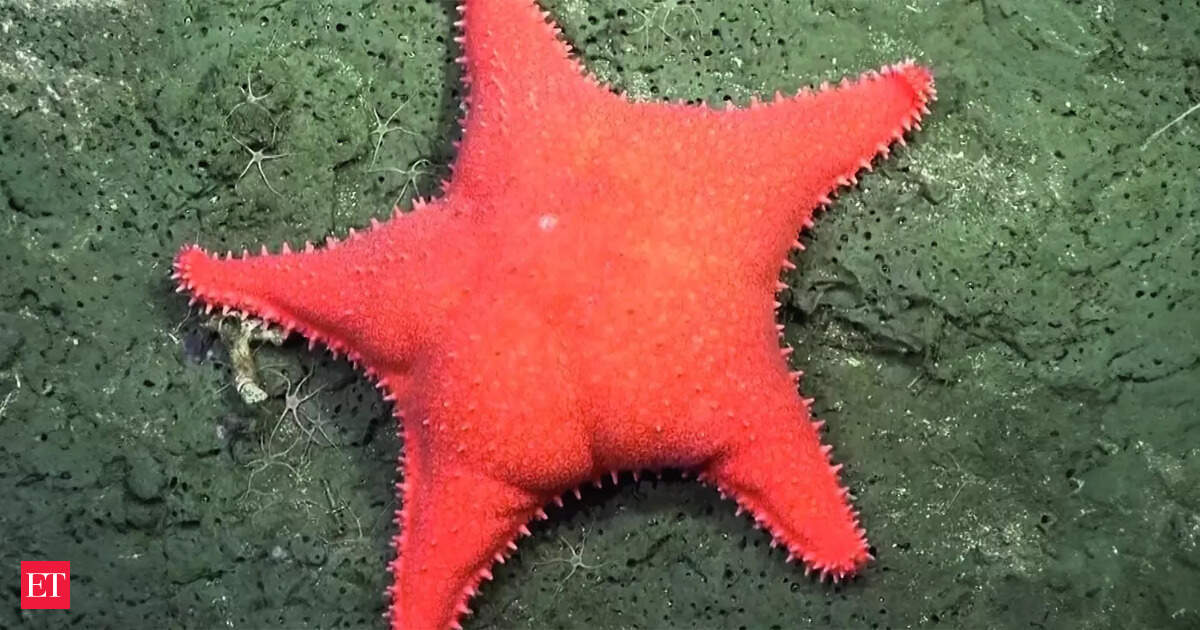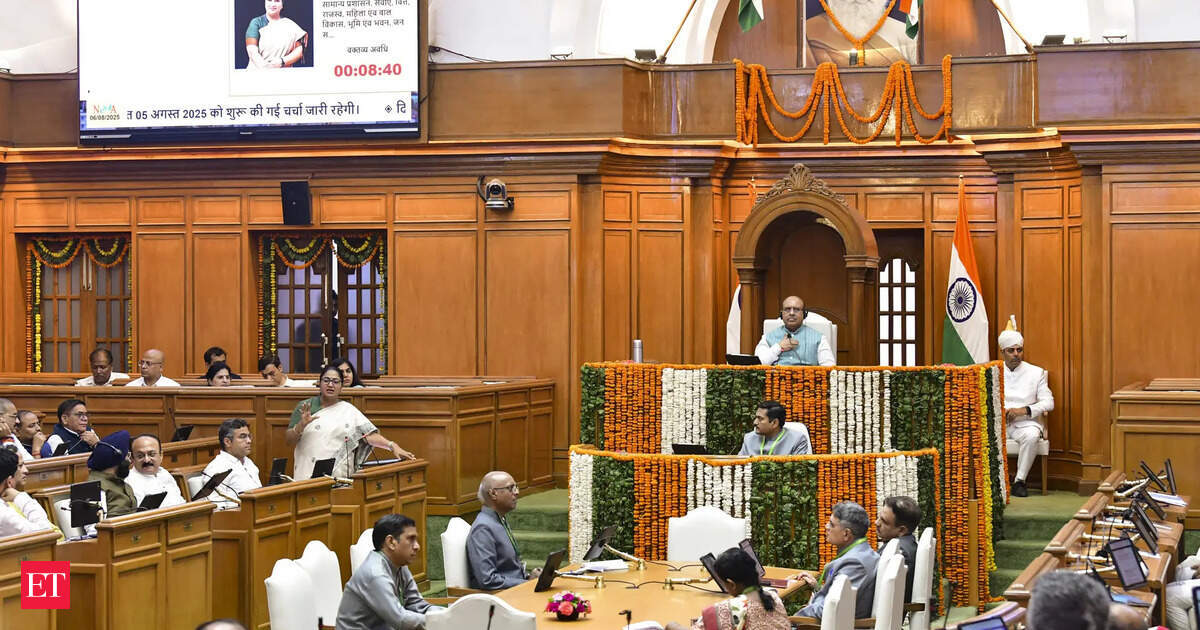Now Reading: Argentina’s Starfish Livestream Captivates Audiences
-
01
Argentina’s Starfish Livestream Captivates Audiences
Argentina’s Starfish Livestream Captivates Audiences

Swift summary
- A livestream showcasing marine life in the Mar del Plata canyon off Argentina’s coast has captivated over 1 million viewers.
- Led by researchers from Conicet, argentina’s national scientific council, the livestream has turned sea creatures like purple sea cucumbers and orange starfish into local internet sensations.
- Some viewers have humorously named marine animals after pop culture references such as a pink lobster dubbed “Barbie” and an orange starfish resembling Patrick from “SpongeBob.”
- The project has gained attention amid President Javier Milei’s budget cuts to state-funded scientific research,which has seen Conicet’s funding slashed by over 20%.
- Critics of Milei argue these cuts have led to job losses and eroded scientific achievements like work on COVID vaccines and Parkinson’s disease.
- Supporters of Conicet organized protests against government policies this week, distributing starfish-shaped cookies as a symbol of resistance.
- Government supporters dismissed the expedition as an anti-development psychological operation aimed at blocking resource exploitation for oil extraction.
- The researchers leading the expedition chose to remain apolitical, emphasizing marine life exploration.
Indian Opinion Analysis
The story highlights how seemingly niche projects like marine exploration can spark wider public interest when paired with accessible streaming technology. In India’s context-where science frequently enough struggles to attract mass engagement-a creative approach like this could amplify awareness about environmental preservation or biodiversity research.
President Milei’s budget cuts also reflect broader global tensions between economic policies focused on immediate fiscal recovery versus long-term investments in science. For India-a country committed both to economic growth and expanding its STEM sectors-balancing public funding for research will be key in continuing breakthroughs that benefit society while maintaining fiscal obligation.
Lastly, the politicization of such initiatives underscores how science can inadvertently become entwined with ideological debates. This serves as a cautionary example for Indian policymakers who must ensure that scientific institutions retain impartiality while fostering greater public trust through transparency and impactful communication strategies.
























